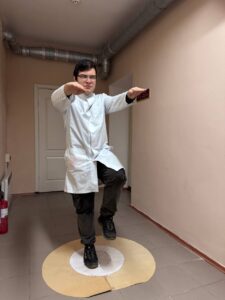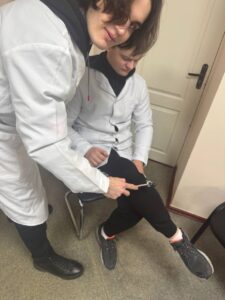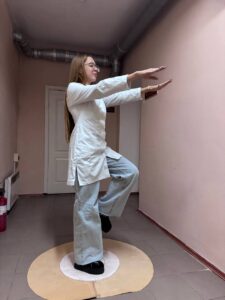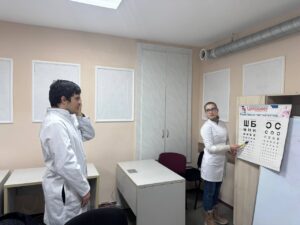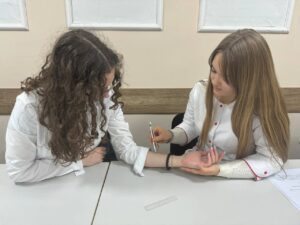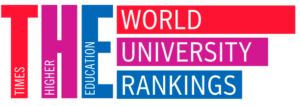Modern medical education sets the highest standards for the quality of training future medical professionals, who must meet international standards and professional competency requirements. This preparation is key to ensuring a high level of medical care in a globalized world, where the integration of knowledge and practical skills plays a decisive role. Successfully achieving this goal is possible only through comprehensive, systematic, and integrated practical training of future doctors, aimed at developing clinical thinking, professional skills, and ethical values.
One of the main expected outcomes of studying the discipline “Physiology” is the development of students’ ability to use laboratory and instrumental research methods for the objective assessment of the functional state of human organs and systems. This includes mastering the skills to calculate key indicators reflecting the level of health and functioning of the body, as well as the ability to interpret the obtained results in the context of clinical practice.
These outcomes are achieved through practical classes during which students explore the physiological processes underlying the functioning of the body’s organs and systems, master modern diagnostic methods widely used in medical practice, and analyze the data to determine the patient’s health status. Practical classes are designed to develop students’ ability to integrate theoretical knowledge with practical skills, which enhances their readiness for professional activities and adaptation to the realities of clinical practice.
Thus, the discipline “Physiology” serves not only as a foundation for understanding the fundamental processes of life but also as a platform for acquiring skills that define the professional excellence of a future doctor.
